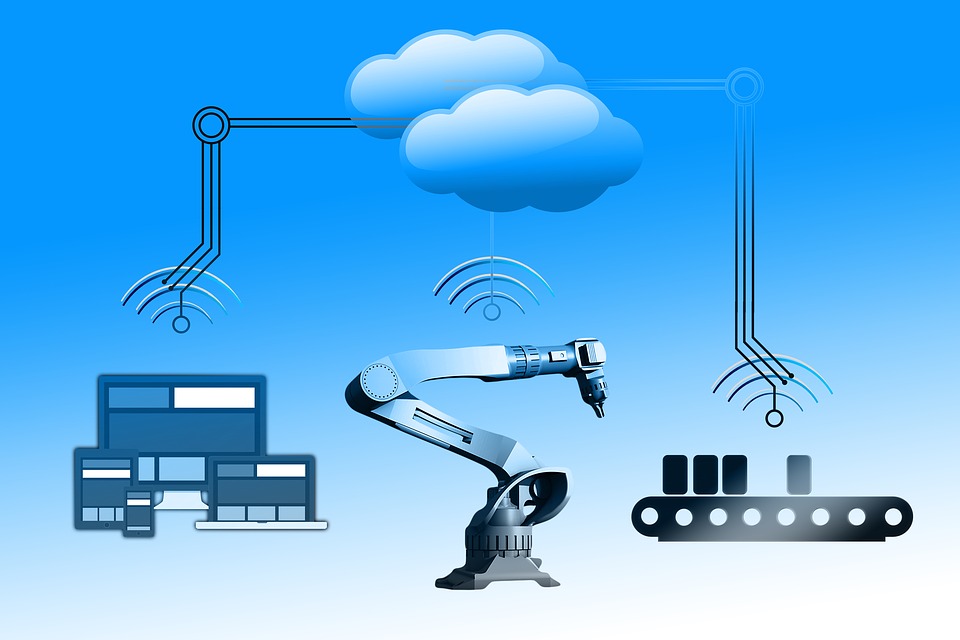Artificial intelligence is changing food manufacturing. After all, we’re in the fourth industrial revolution. And for food manufacturers, that means a smarter way to produce food.
A bright food future for artificial intelligence
Artificial intelligence (AI) is already weaving its way into food-related sectors. For example, AI self-driving trucks are taking to the road. This technology has the ability to change how food is transported, making food shipments more efficient and cost effective.
And on the food manufacturing floor, AI has the potential to create food products with greater accuracy and less waste. And that equals larger profits. In fact, an Infosys report anticipates that by 2020, early AI adopters could see a 39% revenue increase.
AI at the food sorting level
Machines that process vegetables use a “one size fits all” technology. The machines don’t differentiate between the size and shape of, say, a potato.
So, only uniform vegetables make it to processing. The imperfect (but still fit for consumption) produce goes to waste, often being left to rot in fields or dumped into landfills.
But what if AI food manufacturing machines could identify the size and shape of a vegetable? The machines would quickly direct the vegetable to an appropriate destination (to be processed for French fries or hash browns).
This technology is in the works…
According to TOMRA, AI technology has “the ability to control a natural variable and apply a degree of intelligence to the process.”
And in addition to decreasing food waste, the machines may have the capability to collect data on consumer preferences. By gathering this information, manufacturers can tailor food products to satisfy consumer tastes.
In the end, with this type of AI at the produce-sorting level, organizations would see a reduction in waste and an increase in market-accurate products.
Machine learning equals perfect product
Avoiding waste also applies to food product manufacturing. If a manufactured product can’t be duplicated with consistency, the end result is wasted product. But AI machines in food manufacturing can help offset this waste.
For example, Hershey’s Twizzlers must all come out the same size and weight. In the past, that meant overproducing the product to compensate for off-spec Twizzlers.
With the help of AI, though, the candy giant can produce perfect Twizzlers every time. And that reduces the need for overproduction and subsequent product waste.
Smarter machines for the greatest outcomes
Artificial intelligence technology is ripe for food manufacturing. And it has the potential to decrease food waste and increase profits.
Of course, the ethics of AI in food manufacturing will also pose challenges — as in job losses.
So, as food organizations adopt AI, the impact of worker displacement must also be considered.
But the switch to AI won’t happen overnight. This will give organizations and workers the time to rethink manufacturing positions. And according to Infosys’ report, 80% of organizations implementing AI “will retrain or redeploy those who are displaced.”
Ultimately, food manufacturing, including its machines and workers, will segue into the new industrial era with a smart approach.
Is your company considering or implementing AI? What are your thoughts on machine-learning technology and its potential? We’d love to hear what you think. Please let us know in the comments or hit the share buttons below.
Also, until your organization fully incorporates AI, you may have waste product. If that’s the case, our team at Ingredient Exchange can help you convert that waste into cash. Get in touch here.



